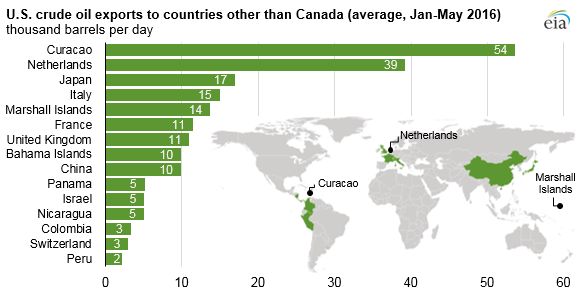-
Tips for becoming a good boxer - November 6, 2020
-
7 expert tips for making your hens night a memorable one - November 6, 2020
-
5 reasons to host your Christmas party on a cruise boat - November 6, 2020
-
What to do when you’re charged with a crime - November 6, 2020
-
Should you get one or multiple dogs? Here’s all you need to know - November 3, 2020
-
A Guide: How to Build Your Very Own Magic Mirror - February 14, 2019
-
Our Top Inspirational Baseball Stars - November 24, 2018
-
Five Tech Tools That Will Help You Turn Your Blog into a Business - November 24, 2018
-
How to Indulge on Vacation without Expanding Your Waist - November 9, 2018
-
5 Strategies for Businesses to Appeal to Today’s Increasingly Mobile-Crazed Customers - November 9, 2018
Oil continues rise on hopes of production freeze
The comments made by the energy ministers of Saudi Arabia and Russian Federation improved the sentiment around crude oil market and supported the price rally.
Advertisement
Saudi Arabian energy minister Khalid Al-Falih said in a statement last week that talks with Opec members and other producers may result in action to stabilise the market, according to the state-run Saudi Press Agency.
Anxious over the Organisation of the Petroleum Exporting Countries, OPEC, agreement to cut oil production, the Minister of State for Petroleum, Dr. Ibe Kachikwu, said he believed that engagement with the 70 percent oil producers might have impact. A January proposal to freeze production at levels that were already robust collapsed amid multilateral differences.
Oil prices have been on the rise since al-Falih’s speech, but rose beyond a-month high on Monday after Novak’s comment.
In London, North Sea Brent crude for October delivery settled up 88 cents at $49.23 a barrel on the Intercontinental Exchange. Since the end of July, it has risen 14 percent.
Brent crude futures were down 47 cents (U.S.) at $48.76 a barrel by 1055 GMT, while U.S. West Texas Intermediate (WTI) crude was down 18 cents at $46.40 a barrel.
In the April-June period, Seoul imported 25.35 million barrels of Iranian crude oil, or 278,615 bpd, 123.3 per cent above the 11.35 million barrels imported a year earlier when sanctions were imposed on Tehran’s disputed nuclear programme.
Focus on production losses in Nigeria, where more than 700,000 barrels per day (bpd) have been lost to militant attacks and pipeline problems, also supported crude prices. “Saudi Arabia signalled that it is prepared to discuss stabilising the markets at informal OPEC discussions next month”, ANZ bank said in a note today cited by Reuters.
His comments came ahead of the International Energy Forum which was to be celebrated on 26-28 September, in Algeria.
Most analysts are skeptical of such a deal.
“In our view a renewed price correction can not be ruled out if market participants start focusing on the supply side again, for the latest drilling activity figures in the USA cast doubts that the oversupply is really being eroded”, Commerzbank analyst Carsten Fritsch mentioned.
Iran’s spokesperson said on Tuesday that they haven’t decided whether they’ll join the meeting in September.
“The Saudis are happy to commit to some sort of OPEC-wide supply freeze deal so long as Iran is party to it”.
Over the previous year, uncertainty, coupled with weak prices, has impacted breakbulk operators providing transport services for oil projects.
Advertisement
Iran, Iraq and Russian Federation present obstacles to a deal.





























